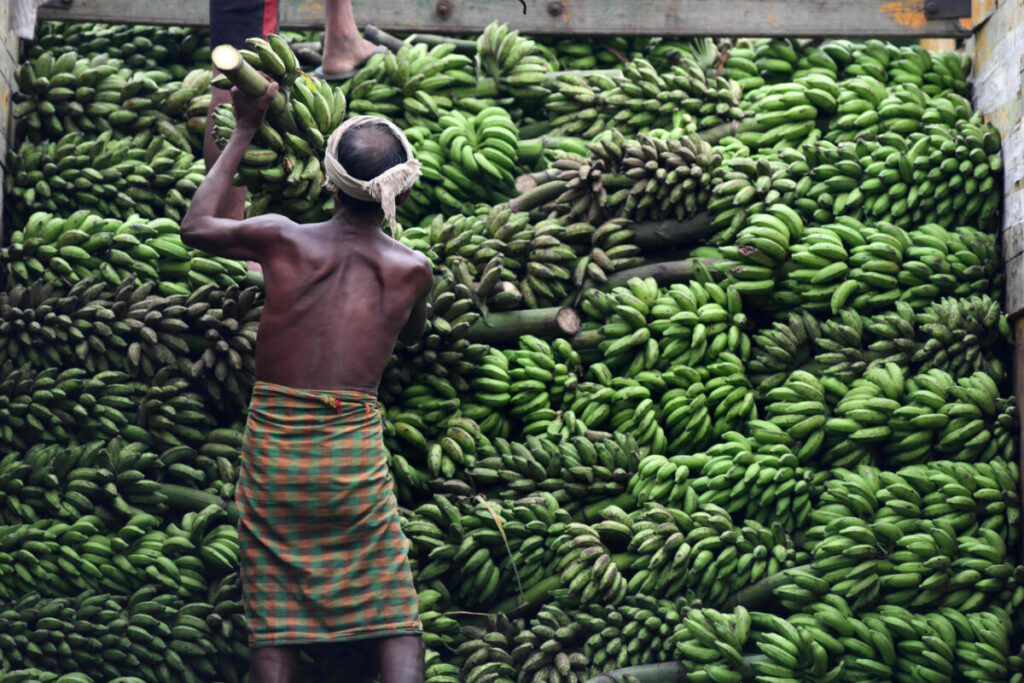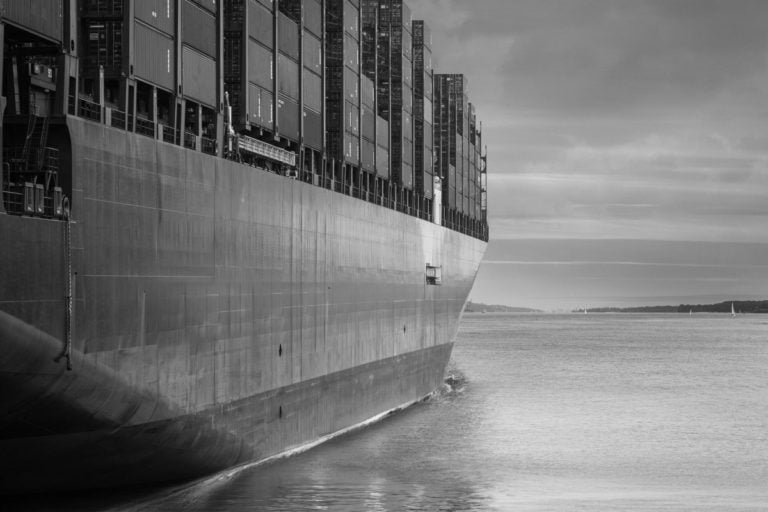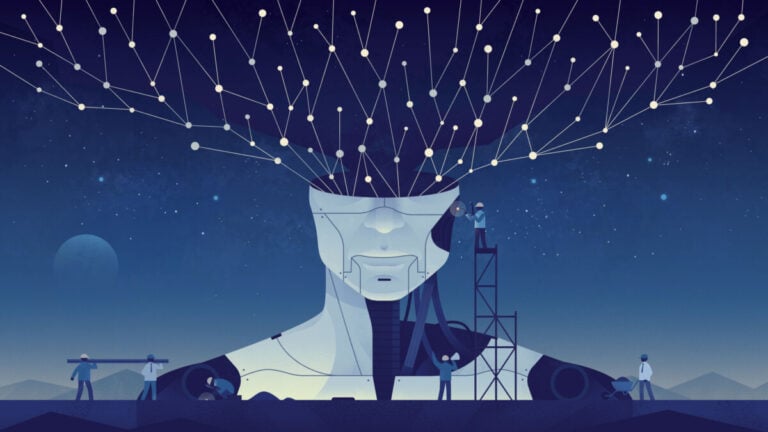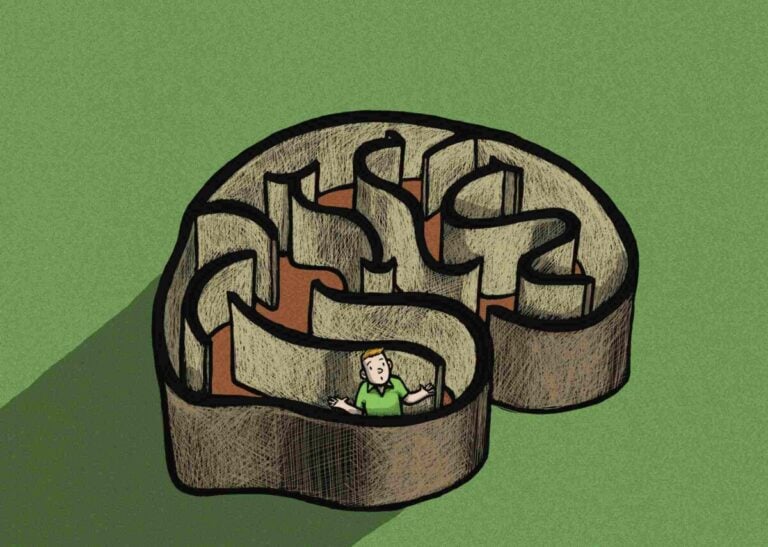Banana Republic – This term refers to a country with a dictatorial regime and an authoritarian government whose economic activity is based on the limited production and export of bananas.
- Key features of a banana republic
- The history of the origin of the concept and its main characteristics
- Fundamental features of a banana republic
- Main features of the economy of a banana republic
- Contribution to the global economic sector
- Political system in a banana republic
- Advantages and disadvantages of a banana republic
- Examples of banana republics
- Problems and risks
In such a state, political clientelism in power structures is clearly manifested, expressed in the formation of family and related clans.
Key features of a banana republic
Often these corporations act as monopolists, which causes the state economic sector to depend on their interests and cause uneven distribution of profits.
These countries are called “Banana Republic” based on their complete dependence on the banana industry, in which banana exports are considered the main source of financial inflow.
Banana republics are usually located in tropical areas, with huge plantations where banana crops are grown.
They constantly face many serious problems. The banana harvest must be collected on time and delivered to world markets. This implies competent organization of a complex infrastructure and logistics system.
Various pests and diseases often become a serious threat to crops and cause colossal economic losses. In addition, conditional dependence on a single product often leads to economic vulnerability and instability in the face of constant changes in the international market.

The importance of such countries in the global economy is enormous. Bananas are considered the main source of profit for most countries, including Africa and Latin America. This industrial sector not only provides employment to local residents, but is also attractive to many wealthy foreign investors.
Banana republics most often lack human rights, political freedoms and democratic institutions. This is their key feature.
Corruption at the level of power structures is widespread in them, as a result of which the interests of the population are infringed and there is inequality between layers of society.
In addition, in such countries, the hereditary transfer of power or the rise of rulers through rigged elections is encouraged.
The main aspect of banana republics is considered to be the complete dependence of their economic sector on international companies. This is especially true in relation to the banana industry.
Foreign corporations that own banana plantations receive a large share of the income.
Meanwhile, local residents lead a miserable existence, without the opportunity for decent living and working conditions.
Banana republics in most cases symbolize states with a degraded economy and politics, in which the interests and rights of indigenous people are completely ignored for the purpose of profiting foreign companies and local authorities.
In principle, the concept of a “Banana Republic” is a clear reflection of the critical state in the state’s economic and political sector. Such countries often attract the attention of various world organizations and activists who want to somehow influence the change in this negative situation, while achieving a fair and democratic consensus.
The history of the origin of the concept and its main characteristics

The era of the formation of banana republics is primarily associated with the colonial historical system of past centuries. During this period, most European countries, particularly France and Great Britain, exercised control over many of the tropical regions in which bananas were grown.
These states organized large plantations of banana crops there, and also created conditions for their large-scale cultivation and export supplies throughout the world.
Due to the rapid development of banana plantations in the countries that supplied this product, the so-called “Banana Republics” were formed. These include, for example, Ecuador and Honduras.
Their economic fortunes became entirely dependent on the volume of banana exports. At the same time, foreign companies were given full control over production processes and export supplies of bananas. This became the reason for the emergence of a political crisis, exploitation of workers and inequality in the social sphere in these states.
The concept of a “Banana Republic” began to be used in the early 20th century to describe countries with political instability and economic dependence on the export of agricultural products to other powers.
The leaders of the largest US corporations, for example the United Fruit Company holding, through certain manipulations by the governments of the banana republics, had a tremendous impact on the internal affairs of such states for the sake of their own enrichment.
These powerful corporations, through the introduction of their own management structures in the agricultural sector and political bodies of these countries, managed to achieve total control over the sowing system of banana crops, their transportation and delivery to other countries. This monopolistic approach has resulted in social and economic inequality in these states.
Political blackmail was often used against banana republics. In addition, they were subject to escalation by foreign corporations. US companies, using their own powerful economic power, often assisted in the creation of government structures of these countries. They also became accomplices in changing the ruling presidents of the banana republics, directly participating in the management of their state political system.
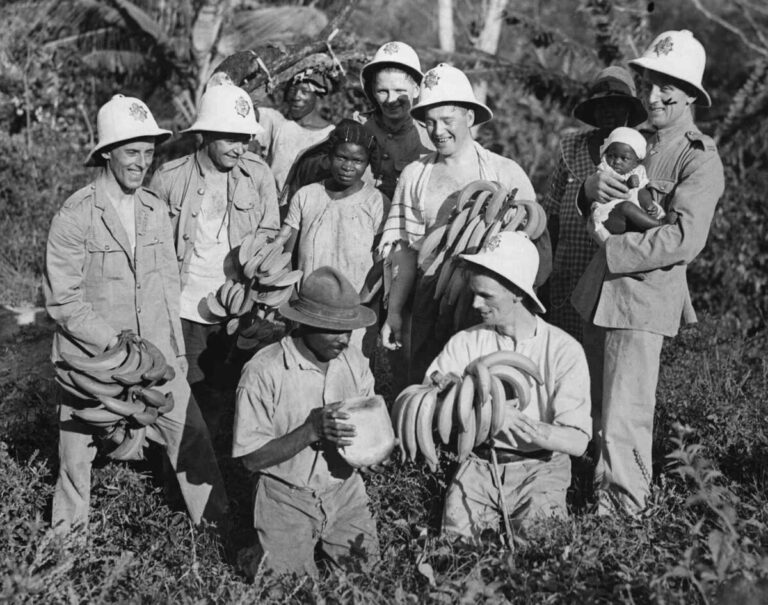
Despite the huge volume of exports of banana and other agricultural products to all world countries, these countries constantly had big problems with the development of the economic sector.
Key factors leading to a degraded state of society and economic decline in banana republics:
- Dependence on banana production.
- Uneven distribution of profits.
- Corruption in government and administrative bodies.
Fundamental features of a banana republic
Dependence of the economic sector on the banana industry – the main source of profit for these countries is the export of bananas. Because of this, the stable state of the economic sector in them is directly determined by the situation in the international market. This leads to a lack of development in various areas of the economy and the presence of risks regarding the cost of bananas. This factor is a consequence of the vulnerability of these countries to economic changes and crises in the global trade sphere.
Multinational companies – monopoly foreign concerns often develop their activities in banana republics. The largest of them completely control the political and economic situation in these states, which causes a situation in which the own interests of these companies are a higher priority than the needs of local residents. There is a decline in government power and significant dependence on foreign companies.
Human rights violation – this negative aspect often manifests itself in banana republics. Along with it, problems such as violation of freedom of assembly and speech and an unstable political situation are also widespread. At the same time, local authorities and reputable corporations are trying in every possible way to suppress opposition opinions and criticism while maintaining their total control in all spheres of the state.
Economic and social inequality – due to the high level of concentration of resources and land territories owned by several foreign corporations. The main levers of power and wealth are held by a small number of people. At the same time, the majority of the local population lives in miserable conditions and does not have full opportunities to use social government structures to satisfy even their most minimal needs. Unfair distribution of profits often causes social tension in such countries.
The presence of corruption in the government, resulting in exploitation and discrimination of local residents, excluding their access to the distribution of material resources and power.
Negative impact on the external environment due to the active use of toxic fertilizers.
Main features of the economy of a banana republic
The main economic characteristic of these countries is considered to be their great dependence on the international market. Declining demand and falling prices have a serious impact on the economic situation in such countries.
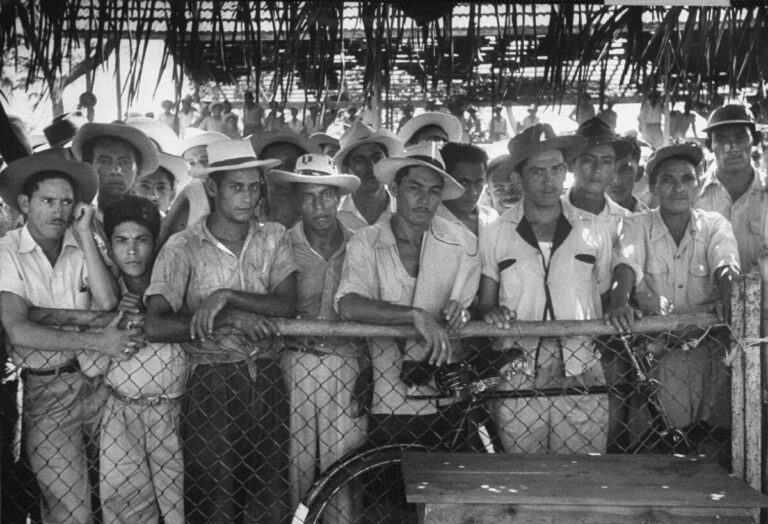
These factors lead to crisis situations in the economic sector, have a negative impact on the deterioration of living conditions of local residents and often become the causes of serious political upheavals.
Banana republics tend to have monotonous exports with a limited range of products.
Export monopolization of one product creates vulnerability of the country in the face of changes in market demand and situation. In addition, this approach often results from land depletion and a decrease in the acceptable level of environmental friendliness in the country.
But these countries have an excellent opportunity to earn large profits from banana exports, thereby increasing their income, which contributes to overall economic growth. Such a republic has the right to invest financial resources received as profit for the development of social programs and infrastructure.
Another important economic feature of such countries is the concentration of a significant share of material resources and land in the possession of a small number of corporations and plantation owners. Often they are local elites or international concerns that control a large share of land and the state budget. This circumstance leads to economic and social inequality, for which banana republics are often criticized by legal international organizations.
In principle, the characteristics of the economic sector of such countries are the determining aspects of their vulnerability. However, they can also influence the potential development of the economy and its progressive prosperity, provided that available resources are fairly distributed among the local population, as well as their appropriate and effective use.
Contribution to the global economic sector
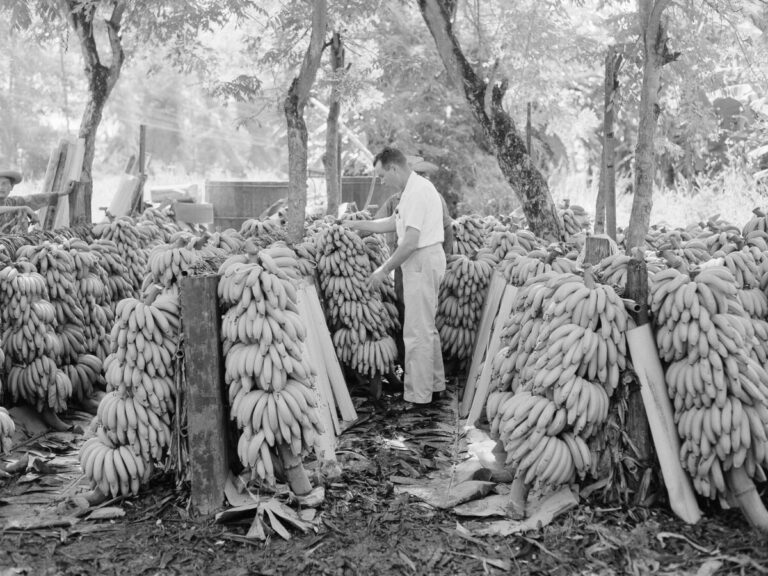
In addition, such a country has a significant impact on the trade sphere of the entire world market. Banana exports can bring great profits to the state and are the main source of foreign exchange investments.
Banana Republic is considered a key trader in the international banana market and contributes significantly to the world economy on a global scale.
But for the economic sector of your state, the “banana republic” model may also have certain disadvantages. Monopoly banana culture often causes limited diversity of agricultural products and is a serious threat to the biological diversity of the state. This often leads to a breakdown in environmental sustainability.
Bananas from such countries are exported to almost all world powers. This facilitates foreign exchange and increases trade volumes in the international market.
The successful promotion of banana production has a positive effect on the effective development of other sectors of the economy. This is due to the formation of a large number of jobs related to the sales, transportation and cultivation of bananas. These aspects contribute to stability in the social sphere, increasing the living standards of local residents and their employment in the public sector.
In general, the banana republic is considered one of the basic segments in the global economy and can make a fairly significant contribution to trade between countries of the world.
Political system in a banana republic
Main features of the banana republic political system:
Ruling authoritarianism. All power lies only with the ruling party or the president of the country. The head of state remains in office for a long period of time, neglecting the basic tenets of representation and equality, which often leads to the formation of a corrupt society and injustice.
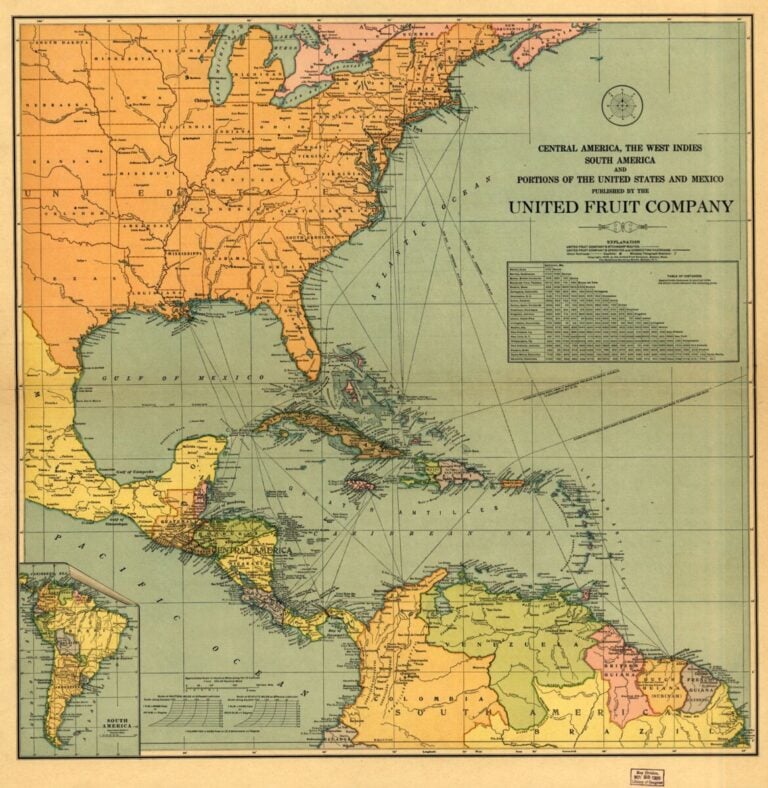
Power is transferred by inheritance or appointment. Usually the president, as well as members of the government in a given country, receive their posts in this way. At the same time, there are no honest and free principles for their choice.
The security service and the army exercise control over the population in the interests of the social elite. In the state system of a banana republic, such bodies occupy a special position and fully support the regime of the ruling elite.
The presence of a severe monopoly and censorship over the media makes it difficult to express one’s own political opinion. This implies a lack of freedom of speech in the country.
In democratic institutions, there are repressive measures directed against oppositionists and the absence of free elections of government bodies.
The main goal of the ruling structures is to preserve the interests of the authorities and the elite.
Advantages and disadvantages of a banana republic
Pros:
- High income from banana production.
- The opportunity to create new places to work and attract investors.
- Rapid development of the economy and infrastructure.
Cons:
- Vulnerability to price fluctuations and changes in the international market.
- Low wages for workers.
- Market monopolization.
- Dependence on international corporations and monotony of the economy.
Changes in the global economy, such as outside factors or fluctuations in demand for products, have a significant impact on the economic sector of the banana republics. For these reasons, these countries need to carry out economic diversification in order to develop other areas, ensure stable growth and reduce vulnerability.
Examples of banana republics
Obvious examples of such countries include Ecuador, Colombia, Honduras and Bangladesh. In them, bananas are considered one of the main export products and are of great importance not only for the successful development of the economic sector, but also the social and political sphere of such countries.
Bangladesh
It is the largest country in which bananas constitute a major share of merchandise exports and are considered a major segment of the economic sector.
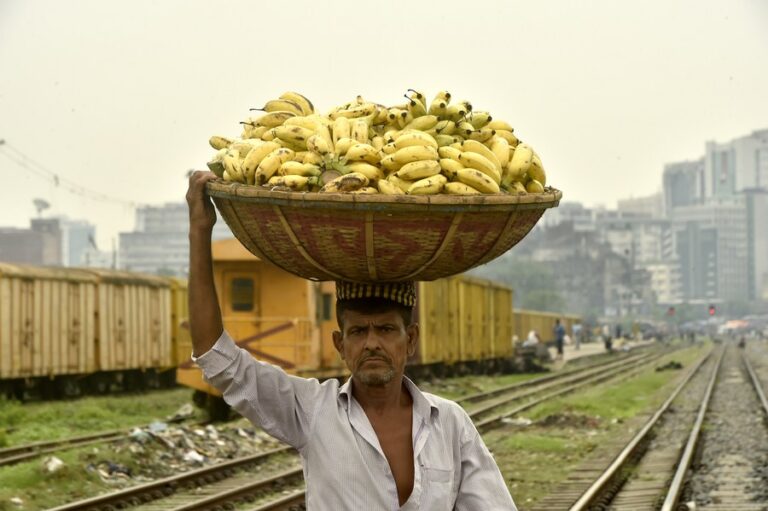
Banana production contributes to the creation of new jobs for the majority of the local population of this country and is considered a key source of income for many agricultural regions.
Honduras
In this country, bananas are considered the main export product. Due to the developed banana production, the state receives huge income and is attractive to a large number of foreign investors, which are well-known foreign concerns for the sale of fruit products. This provides an opportunity for the rapid development of this state.
Colombia
The banana industry makes a significant contribution to the economic sector of this country and contributes to its social development. New jobs for workers are constantly being created on banana plantations, providing their families with a regular income. This contributes to the fight against poverty and poverty.
Ecuador
This state is considered the world’s largest banana producer and exporter. Due to the large volume of exports of these fruit crops, the country receives significant income in the economic sector. In addition, bananas are a key source of foreign exchange investments, which are used for the effective construction of infrastructure and the development of social programs.
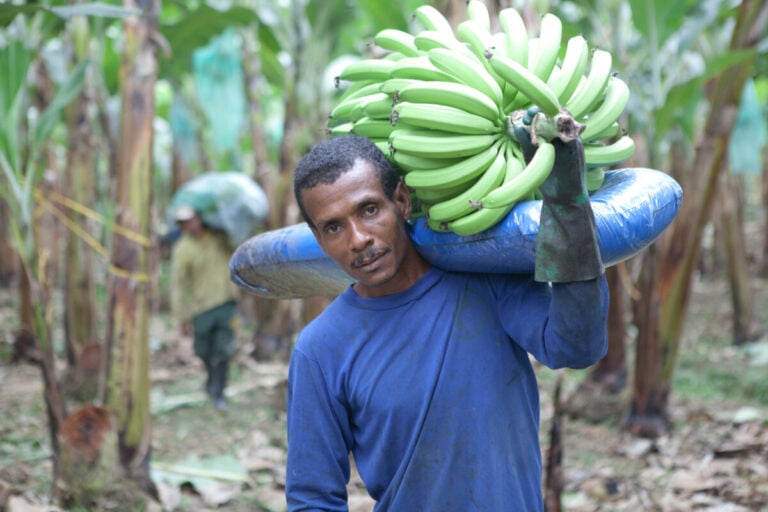
Banana republics are of great importance to the world economy, providing employment and income to people in other countries. But they need to effectively diversify and develop their own economic sector to be able to form its stable growth and reduce dependence on one type of product.
Problems and risks
Banana republics have many serious problems that negatively affect their effective development. Here is a list of the main ones:
Limited dependence on one-way banana exports
The banana republic economic model is based on banana exports, which affects the vulnerability of this product when fluctuations occur in the international trade market. If there is a sharp rise in prices or a decrease in demand for bananas, the country may find itself in a difficult situation.
Monopoly of individual companies
In states classified as banana republics, there are often facts of the privileged position of many large companies specializing in the production and export of bananas. The consequence of these factors is the economic dependence of the state on these corporations and the limited development of other industrial areas.
Probability of vulnerability to climate change
The banana republic reacts very sensitively to changes in climatic conditions. A sharp change in weather (prolonged floods or drought) can negatively affect banana yields and the quality of the soil layer on plantations.
Difficulties in the social sphere
The rapid development of the banana industry often causes social problems. They are associated with a reduction in workers’ wages, the exploitation of children’s labor and the infringement of workers’ rights.
These factors can provoke discontent in society and negatively affect the reputation of the state.
Only competent resolution of problem situations and risks can ensure stable economic development of such countries.
